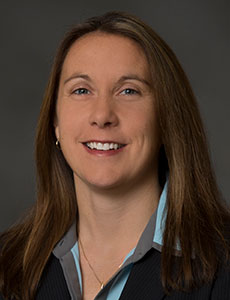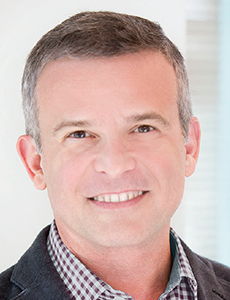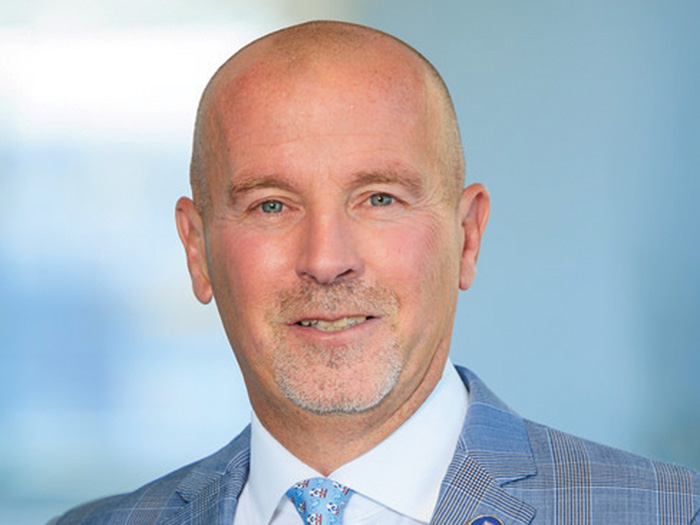60 Ways to Sidestep Medical Mismanagement Hazards

Perennial favorite “60 Tips in 60 Minutes” kicked off the final day of the National Workers’ Compensation and Disability Conference & Expo held at Mandalay Bay in Las Vegas on Nov. 8. The theme of this year’s presentation: Avoiding Medical Mismanagement’s Claims Fallout.
This year’s expert panel included Phil Walls, Chief Clinical Officer for myMatrixx; Dawn Watkins, Director of Integrated Disability Management for Los Angeles Unified School District; Monica Manske, Senior Manager, Workers’ Compensation, Employee Safety and Ergonomics, Rochester Regional Health; Kim Radcliffe, Senior VP, Clinical Operations, One Call; Marcos Iglesias, VP, Chief Medical Director, Travelers; and Anas Al-Hamwi, Senior Director, Health & Safety and Injury Management, Walgreens.
Here are six of the useful and thought-provoking tips shared by the lively expert panel.
Don’t Ask About Pain
“So listen up,” said Iglesias. “This is the most important tip that I’ll give you today: Don’t ask about pain.
“I think we’ve done tremendous harm over the last 20 years or so — since the ‘fifth vital sign’ — over-focusing on pain.
“Don’t ask about pain for several reasons. One is they’re going to tell you about pain anyway, right? Everybody wants to tell you about their pain.
“Secondly, what happens when you focus on the pain? Do you have pain right now? Start asking about your pain and you feel it. Your pain is going to get worse.
“Focus on function instead, because focusing on function actually reduces pain. It’s measurable and it’s really what we’re after. So please, please, please don’t ask about pain.”
Don’t Forget Dental Risk Associated with Medicine
“If you have injured workers that are on pain medications, even anti-inflammatories for over three months, it has a drying effect and that can cause rapid decay and gum issues,” said Radcliffe.
“But these issues don’t show up for up to three to five years after, and it just gets worse. And the treatment and the repair of that decay can cost upwards of $100K.
“We talk about patient advocacy, about looking at the whole patient — if they are on these medications, you want to think about maybe early dental intervention, but at least some education about fluoride and dietary counseling.”
Be Open to Alternative Treatments
“When you look at the traditional treatments we have, especially around chronic pain, they’re not that effective. We look at opioids and a lot of the other medications used for chronic pain — they don’t help that many of our patients.
“The same is true, by the way, of interventional procedures and even surgery that is focused on solving pain,” said Iglesias.
“I would suggest that you look at the evidence-based medicine. There are great treatments out there that are nontraditional, i.e. not a drug, not intervention, not surgery.
“Think about things like activity … activity is, you know, a tremendous treatment. It’s cheap. It’s available. Think about things like cognitive behavioral therapy and other behavioral therapies. Think about acupuncture. Look at evidence based guidelines for those things. Have treatments and use them.”
Make Sure Medical Providers Treating Injured Workers Are Aware of Beers’ Criteria
“If you took your child to a pediatrician and that pediatrician prescribed the same drug, the same dose that he or she would for an adult, you would be very upset with the provider, right?” said Walls.
“Well, if you take an aging relative to the physician and he or she prescribes the same dose that they would for a young adult, you should be just as incensed over that.
“We don’t recognize geriatrics, oftentimes, for what it is. I go through this with my own mother. She’s 97 years old and I see them putting her on medications that are on the Beers Criteria list.
“Dr. Beers developed a list of drugs that senior patients either should not take or should take with caution. The scary thing is it matches an almost category for category with the top five drug categories used in workers’ compensation.
“So as we’re dealing with an aging workforce, you can guess the rest.”
Being Off Work Is a Medical Emergency
“We all know that being off work has tremendous financial and economic, social, emotional and physical consequences for an individual, but it also has health consequences.,” said Iglesias.
“The literature tells us that if you are off work, your risk of poor health goes up two to threefold. Poor health measured as respiratory illness, heart attacks, etc.
“Your risk of poor mental health also doubles. Your risk of suicide goes up sixfold, your risk of death goes up. So death rates go up 50 percent in the unemployed or workless.
“So if we really believed that we would treat every single case of being off work as an emergency because it is a health issue and as we know, time is not on our side.
“If we don’t get that injured worker and that patient back to work, they’re more likely to be workless. They’re more likely to have one of these ill consequences. So treat it as an emergency,” said Iglesias, to an enthusiastic round of applause.
With Prosthesis Selection, the Most Advanced Isn’t Always the Best
“With prostheses, particularly the upper extremities, more isn’t better,” said Radcliffe.
“When it comes to thinking about the patient advocacy model, interview the patient. Figure out what their lifestyle is like and what they actually need.
“Upper extremity prostheses particularly have a high noncompliance rate. I remember the story of a client I was working with who went on and on about the $300K they’d spent on this arm, only to find out the patient stuck it in the closet. It was because it was too loud. It made noise. So that’s why they didn’t use it.
“So make sure that you look at what’s needed and get the right device, because a body powered device might be better off for that patient,” she said. “And it doesn’t have to be that the most expensive device.”
“You ever want proof of what she just said,” added Iglesias. “Go to eBay and just search for prosthetics. The number of prosthetics on eBay not being used is pretty impressive.” &












